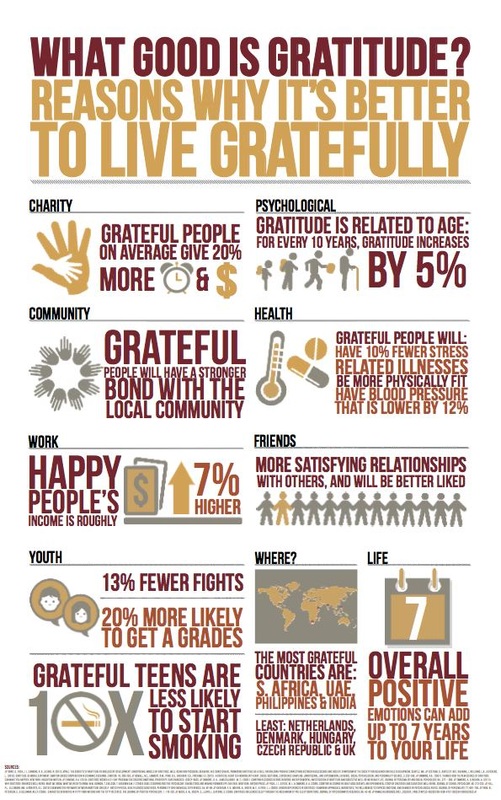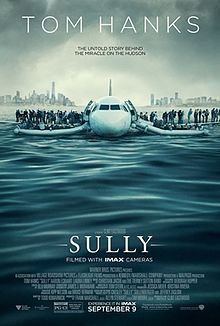 Last week in our Story of Scripture course, one of the take-home assignments was to think about your name. Not the one your parents gave you, necessarily, but to think about what your name might be in light of the Hebrew mentality about names, which is reflected in our first lesson today and indeed throughout the Old Testament. In Scripture, somebody’s name often reflects who they are and what their calling is. Sometimes it’s a pun. For example, there are names that reflect something about the circumstances of a child’s birth -- “Zebulun” which sounds like Honor, “Asher” which sounds like Happy, “Dan” which sounds like Judged. Sometimes a name has a prophetic meaning: Hosea is told by God to name his child Lo-Ammi, which means “not my people,” as a sign that his people are not living up to their calling. Later, in Isaiah, God changes the nation’s name from “Azubah,” Forsaken, to “Beulah,” My Delight Is In Her, to show his redemptive purpose. So the question was: what would your name be, if you were named in the Hebrew fashion. Would it be Diligent? Timid? Clear-Sighted? Always In A Hurry? And then part 2, what would you like your name to be as you grow into the person God sees in you, the person God is calling forth? Because re-naming is part of the business God is in. We come to him seeing ourselves in one way, and through his grace he opens up the possibility of a new identity. Receiving that new name is not always an easy process, and we certainly see that in today’s lesson from Genesis 32. This scene has been written about and painted and commented on for centuries. It’s ancient, it’s disturbing, it’s enigmatic, and we could ask questions of it all day. In the first verse, Jacob is preparing to see his twin brother Esau for the first time in 20 years. This family is as dysfunctional as they come, with lies and betrayals from top to bottom, including Jacob himself having swindled Esau out of his birthright before fleeing the country. Jacob is a moral disaster, and his name sounds like “Heel,” although it could also mean Usurper, in other words the guy who takes over other people’s stuff for his own ends.
0 Comments
 In 1998 Robert Emmons, a psychology professor from UC Davis, designed a ten week research project with a colleague. It was one of those research projects psychology professors sometimes put their whole 101-level class through. Emmons later commented that after the results were published in the Journal of Personality and Social Psychology, it became the most cited article in all his years of professional publication. This was how the experiment worked. About 200 students were randomly assigned to one of three tasks. Every week they had to describe, in a single sentence, either five things they were grateful for, or five hassles, or five events in their life. They then all filled out a variety of standard measurements of health and well-being, recording their mood, their physical symptoms, sense of social support, time spent exercising, and so on. Those who had to make a five-item gratitude list chose all kinds of things, for example: “my in-laws live only ten minutes away, it rained, my checkbook balanced, all the freedoms I have now that I live in the USA,” and my favorite: “The doctor removed ear wax from my ear.” The event lists were usually pretty neutral, including things like “I learned CPR” or “I cleaned my shoe closet.” The hassle lists are interesting, since they’re the kind of things that happen to us all every day and that you can convince yourself are terrible injustices if you focus on them: “it was hard to find parking, did a favor for a friend who didn’t appreciate it, having to buy a Mother’s Day card at the last minute, people who stand with their carts in the middle of the aisle at the store,” and my favorite: “my roommates are filthy animals.”  Last weekend Mark and I saw the movie Sully. As you probably know, it’s based on the true story of Captain Chelsey Sullenberger and his crew, who with only a couple minutes of time landed a passenger plane on the Hudson River after both engines were destroyed by a flock of geese. Every person aboard survived. It was an amazing occurrence, widely called “The Miracle on The Hudson.” But at the climactic moment in the film -- I don’t think I’m spoiling any plot points here, since we all know what happened – Sully delivers a brief, crystal-clear assessment of what he’s proudest of: “We did our job.” That attitude is the same thing we see at the end of our Gospel reading today: “So you also, when you have done all that you were ordered to do, say, `We have done only what we ought to have done!'" It may be tricky, however, to understand how the opening verses fit in. The disciples ask Jesus to increase their faith, and he replies that it’s not the size of your faith that matters, and then he talks about recognizing that you’re just doing your job. It sounds almost random. But in fact, if you read it in context, the sequence flows pretty well. So I want to go back a couple verses before that “Increase our faith!” request that began the reading, to help us read in context and make a little more sense of this episode. |
Archives
July 2024
Categories |

 RSS Feed
RSS Feed